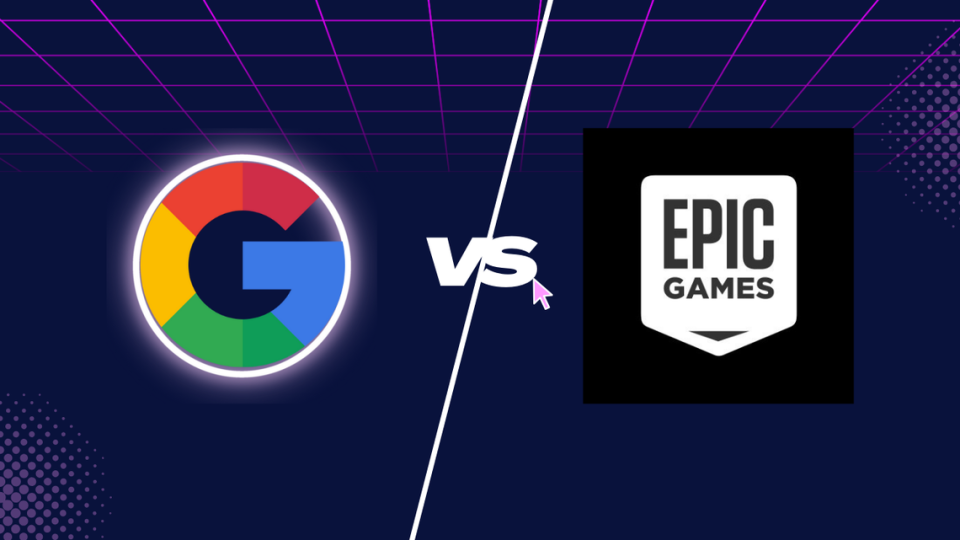Cary-based Epic Games forces Google to open up its app store, CEO Sweeney celebrates
Tim Sweeney, founder of Epic Games and North Carolina’s second-wealthiest resident, was in a celebratory mood Monday after a federal judge detailed the steps Google must take to erase anticompetitive barriers surrounding its Android app store.
“Big news!” Sweeney posted on X. “The Epic Games Store and other app stores are coming to the Google Play Store in 2025 in the USA — without Google’s scare screens and Google’s 30% app tax — thanks to victory in Epic v Google.”
Last December, a federal court jury unanimously found Google used an array of agreements to shield its Android app store from competitors, policies which ultimately hurt both developers and consumers. The verdict culminated a multi-week trial between the search engine giant and Epic Games, the Cary-based video game maker behind titles Fortnite, Gears of War and the visualization platform Unreal Engine.
On Monday, U.S. District Judge James Donato issued a list of remedies Google has to make by November.
Google’s app store, called the Google Play Store, must distribute rival app stores and make all Android apps in the Google Play Store accessible to third-party stores. And for the next three years, Google cannot require that apps use its billing system, which charged 15% to 30% fees on transactions. (Apple levies similar commissions.) Nor can Google stop developers from informing customers of alternative (and potentially less expensive) third-party payment systems.
Google and Apple have earned billions through their app stores, court filings have shown. In August 2020, Epic sparked legal battles against both tech giants when the Cary company created a way for Fortnite players to make in-game purchases outside Apple’s and Google’s payment systems
Apple and Google booted Fortnite — a popular youth-friendly fighting game — from their app stores that same day, stating Epic had violated their developer agreement policies. Years of litigation followed. Unlike Google, Apple mostly won its antitrust trial against Epic, with that verdict settled by a federal judge instead of a jury.
On Monday, Google indicated it will appeal its ruling.
“The Epic verdict missed the obvious: Apple and Android clearly compete,” Lee-Anne Mulholland, the company’s vice president of regulatory affairs, said in an online statement. “We will appeal and ask the courts to pause implementing the remedies to maintain a consistent and safe experience for users and developers as the legal process moves forward.”

Last week, Epic Games filed another antitrust lawsuit against Google over its app store policies. Epic accused Google and Samsung of colluding to sustain Google’s dominance in the Android app store market by using a Samsung program called Auto Blocker to prevent users from downloading apps from rival app stores other than the Google Play Store or Samsung Galaxy Store. In its complaint, Epic said Fortnite currently has 800 million user accounts.
Sweeney began Epic Games in the early 1990s, relocating the company from Maryland to the North Carolina Triangle by the end of that decade. On the back of Fortnite, which achieved immense success upon its release in 2017, Sweeney became one of the richest (and for a time the richest) person in the state. Today, Forbes estimates his net worth at $5.7 billion.
An iconoclast on issue of tech and society, the Epic CEO joked on X about Google’s next move. Posting a picture of the popular Fortnite character Peely, an anthropomorphic banana, Sweeney wrote that “Google has announced it will a peel.”
Enjoy Triangle tech news? Subscribe to Open Source, The News & Observer's weekly newsletter, and look for it in your inbox every Friday morning. Sign up here.

 Yahoo Finance
Yahoo Finance 